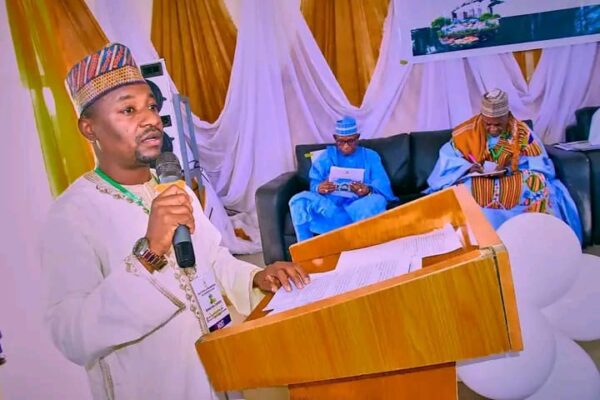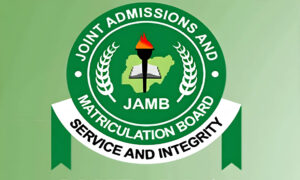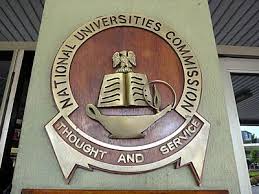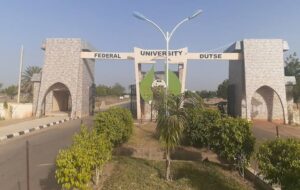Climate change has again been identified as one of the biggest threats to human survival, with severe impacts on health, agriculture, the economy, and day-to-day living.
This warning was echoed at the 3rd International Conference of the Faculty of Social and Management Sciences at Sule Lamido University, Kafin Hausa.
Declaring the conference open, the Vice-Chancellor, Professor Muhammad Ibrahim Yakasai, said the meeting aims to push forward fresh ideas on how Nigeria and Africa can adapt to rising climate challenges.
He explained that the theme, “Climate Change: Adaptation, Policy Innovation and Sustainable Development,” focuses on practical solutions that match the realities of communities across the continent.
Professor Yakasai noted that the university remains committed to research that not only expands knowledge but also solves pressing national problems.
Chairman of the occasion, Architect Muhammad Aminu Kani, who also leads the Jigawa State Flood Disaster Management Trust Fund, said Nigeria must embrace new economic models that reduce carbon emissions while supporting growth.
He highlighted modern governance systems, artificial intelligence, updated data tools, and innovative financial mechanisms as key drivers needed to fast-track a low-carbon economy.
Read Also
Delivering the lead paper, Vice-Chancellor of Baba Ahmed University, Professor Adamu Idris Tanko, described climate change as an urgent and overwhelming threat to Africa.
He listed extreme weather events, food shortages, water scarcity, health emergencies, and economic pressure as major dangers already confronting the continent.
He stressed that Africa needs the best scientific research to guide decisions and reduce the impact of climate disasters.
Representing the Special Guest of Honour, Senator Ahmad Abdulhamid, Senior Special Assistant, Alhaji Tijjani Kasim said the country must move from simply reacting to disasters to building systems that prevent them.
He called for climate-smart agriculture, stronger early-warning networks, and bold policy reforms that support sustainable development, lift people out of poverty, and protect the environment for future generations.
Earlier, Dean of the Faculty, Dr Mustapha Hussaini, said climate change is no longer a distant threat but a reality affecting every part of the world, from rising sea levels to food and water shortages.
He said the conference offers a platform to promote resilience, develop new policy frameworks, and secure sustainable growth.





